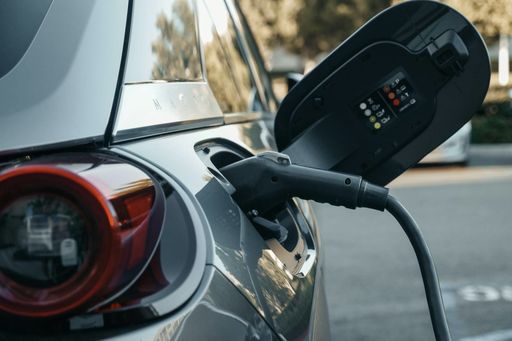Maine Forced to Delay Vote on EV Mandate Amid Widespread Power Outages
The Maine Board of Environmental Protection (BEP) has postponed a highly-anticipated vote on a sweeping electric vehicle (EV) mandate due to a storm causing widespread power outages. Maine Gov. Janet Mills declared a state of emergency, leading to the closure of state government offices. The storm has left hundreds of thousands of people without power and caused significant flooding and infrastructure damage.

Maine Board of Environmental Protection Postpones Vote
The Maine Board of Environmental Protection (BEP) has announced the indefinite postponement of a meeting to approve an electric vehicle (EV) mandate. The vote was expected to take place on Thursday but has been delayed due to a storm that caused widespread power outages.
Democratic Gov. Janet Mills declared a state of emergency, resulting in the closure of state government offices. The storm has caused significant flooding, infrastructure damage, and power outages affecting hundreds of thousands of Maine residents.
Bipartisan Opposition to EV Mandate
The proposed electric vehicle mandate in Maine has faced bipartisan opposition from state lawmakers. Republican leaders have criticized the plan, arguing that it is unrealistic and would lead to higher consumer costs. Rep. Jared Golden, a House Democrat, also expressed concerns about the proposal, stating that a storm like the recent one would render electric vehicles useless due to the lack of reliable electricity generation and supplies.
Maine state House Republican Leader Billy Bob Faulkingham emphasized the importance of consumer choice and urged the BEP to abandon the mandate, warning that it could have a detrimental impact on the state's economy.
Challenges of EV Requirements and Power Grid Capacity
Critics of aggressive EV requirements have raised concerns about the readiness of the U.S. power grid to handle the increased demand from widespread EV adoption. They argue that power outages triggered by storms and low supplies could render electric vehicles unusable.
Myron Ebell, the director of the Competitive Enterprise Institute's Center for Energy and Environment, highlighted the need for a robust power grid, including natural gas-fired plants, nuclear plants, and potentially new coal plants. Without an adequately equipped grid, it would be challenging to transition to electrified transportation successfully.


